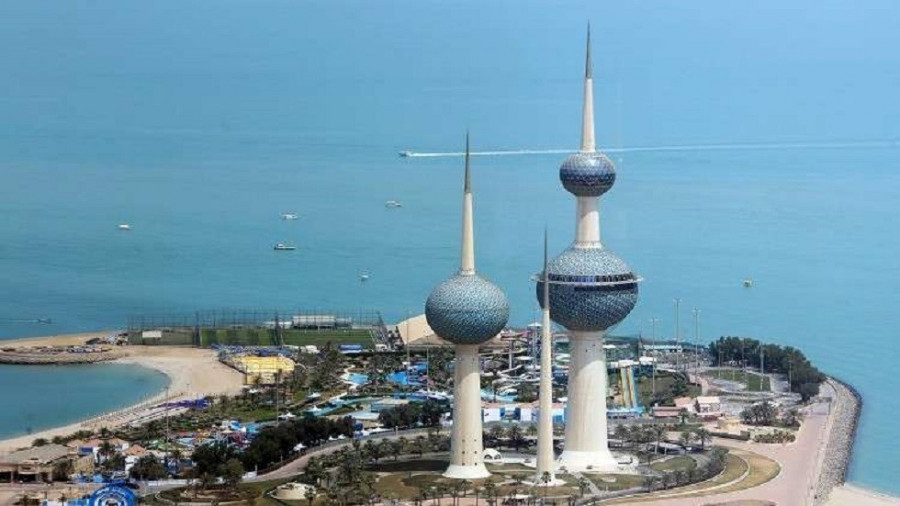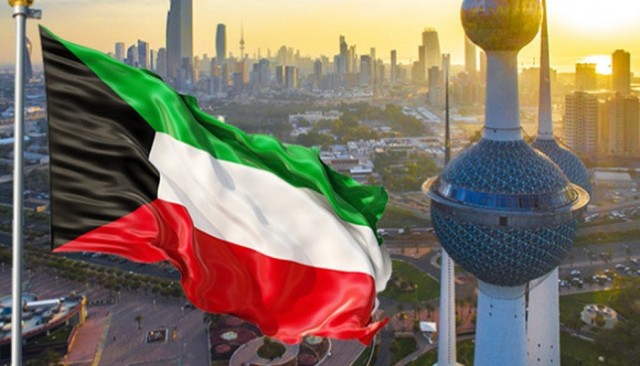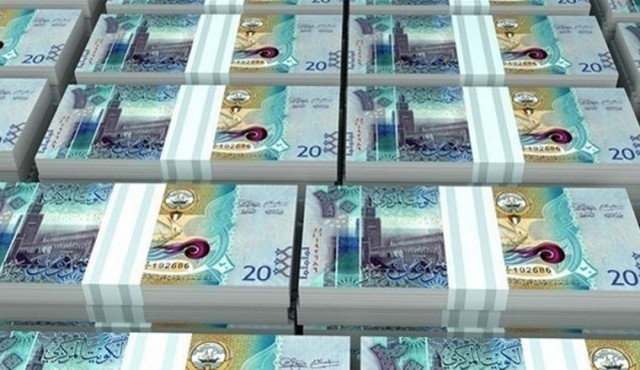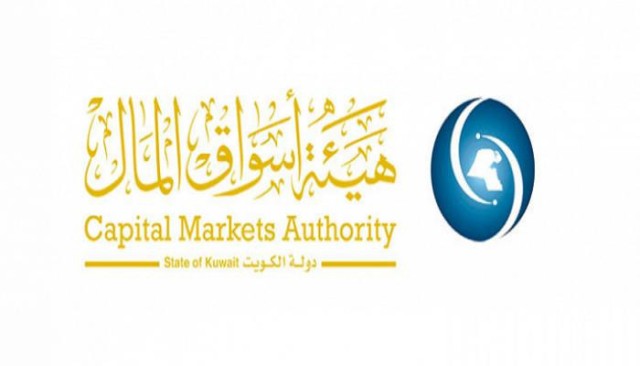Moody's reduced Kuwait's credit rating, and indicated higher risks related to liquidity, weak governance and institutional strength, as Kuwait faces difficulties in passing a law that allows it to issue global debt, in light of Low oil prices.
According to Reuters, the agency said: In the continuing absence of a legal mandate to issue a debt or withdraw from the assets of the sovereign wealth fund in the Future Generations Fund, the available liquidity resources are nearing Exhaustion, which poses liquidity risks, despite the exceptional financial strength of Kuwait.
and Moody's Investor Services downgraded Kuwait by two notches to A1 from Aa2.
>
When Kuwait last issued debt in global markets in 2017, its bonds were traded in a range close to the securities issued by Abu Dhabi, which is the safest credit holder in the region, given that Its huge financial wealth derived from oil has given investors confidence.
But an economy approaching $ 140 billion is now facing a massive deficit of $ 46 billion due to the Corona crisis, low oil prices, and the debate between the government and parliament over a new debt law, which is This limits its ability to boost state coffers.
Modi said that the troubled relationship between parliament and the government is a long-standing obstacle in her assessment of institutional strength in Kuwait.
However, the impasse over financing strategy and the absence of effective financial control indicate more deficiencies in the legislative and executive institutions in Kuwait and the efficiency of the policy than was previously assessed. / p>
Kuwait this month cut nearly $ 3 billion from the 2020-2021 budget as it seeks to save money.
and the debt law that the government is trying to pass will allow the country to raise the debt ceiling and address international investors. But lawmakers first want to see plans to reform the economy and shift from the heavy dependence on oil that accounted for up to 89 percent of revenues in the last fiscal year.
(Amazon fun knowledge)










































